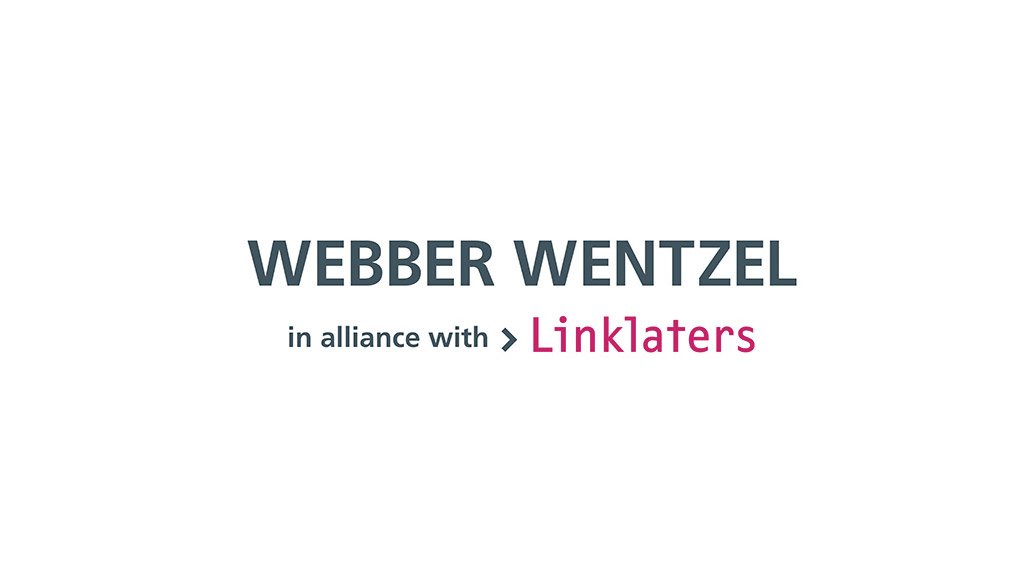Climate risk management requires ongoing capacity building and capability development, especially for banks and insurers that are highly susceptible to climate-related risks. The South African financial sector is particularly exposed to both financial and non-financial impacts as a result of exposure to climate-sensitive sectors. The disclosure of climate-related risks and opportunities is therefore critical to ensure that meaningful information is available to stakeholders for the assessment, pricing and management of such risks.
There is an evolving body of voluntary frameworks to regulate the disclosure of climate and sustainability-related information, notably the standards developed by the International Sustainability Standards Board – IFRS S1 and S2. The Basel Committee on Banking Supervision (BCBS) has recently published a voluntary framework for the disclosure of climate-related financial risks, which is intended to be considered by jurisdictions and ultimately implemented domestically. The framework recognises the multiple qualitative and quantitative metrics needed to form a comprehensive picture of banks' exposure to climate-related financial risks, given the significant impact of climate change on traditional risk categories.
South Africa's financial sector regulators have previously taken steps to promote the voluntary disclosure of climate-related risks within the financial services sector. On 10 May 2024, the Prudential Authority (PA) published Guidance Note 2 of 2024 (G2/2024) and Guidance Note 3 of 2024 (G3/2024), which outlined the principles and foundations for climate-related disclosures by insurers and banks, broadly aligned with IFRS standards. Following the publication of the International Association of Insurance Supervisors’ (IAIS) application paper on the supervision of climate-related risks in the insurance sector and BCBS's framework for voluntary disclosures for banks (June 2025), the PA published Guidance Notes 3 of 2025 (G3/2025). This updated guidance replaces G2/2024 and G3/2024 and provides revised direction on climate disclosures for insurers and banks (replacing).
While compliance with G3/2025 is currently voluntary, early adoption is encouraged for South African insurers and banks, as it provides a robust framework to prepare for anticipated mandatory requirements and to align with emerging industry best practice.
Why is compliance with G3/2025 useful for banks and insurers?
G3/2025 aligns directly with global reporting standards, including BCBS and IFRS S1 and S2. Following the structure of IFRS S1 and S2, G3/2025 creates a disclosure framework for insurers and banks across four pillars: (i) governance, (ii) strategy, (ii) risk management and (iv) metrics and targets. The IFRS standards set out qualitative disclosure requirements and encourage entities to include quantitative metrics associated with particular activities or common features of their participation in a specific industry. This qualitative and quantitative disclosure framework is reflected in G3/2025 and is also fully aligned with the BCBS and IAIS frameworks. For quantitative disclosures, specifically metrics and targets, G3/2025 recommends disclosure on physical and transition risks using the reporting templates provided by BCBS and IAIS, representing clear alignment with industry guidance as recommended by IFRS. The integration of IFRS, BCBS and IAIS standards creates a best-practice framework for South African insurers and banks which will be useful for financial institutions seeking to prepare for mandatory climate-related disclosures.
How does the disclosure framework in G3/2025 differ from other disclosure frameworks?
The sector-specific disclosures set out in G3/2025 offer important guidance for insurers and banks. Climate exposure risks differ based on the sector and type of exposure and institutions cannot expect to follow a one-size-fits-all approach. The PA provides guidance on the different types of risk exposure, and how insurers and banks should assess and disclose these risks.
For insurers, the quantitative disclosure requirements focus on climate-related risk indicators. Physical risk indicators are key and will include natural disasters, geographical risk exposures, catastrophic events and projected financial impacts due to different warming scenarios. Insurers may also consider asset-specific risk assessment across categories and sectors. Transition risk indicators will assess exposure to high-carbon industries and technological developments under different transition scenarios.
For banks, the requirements centre on transition risk exposures and financed emissions by sector, although physical risk exposures by geographic region, based on chronic and acute climate events, are also important. Detailed reporting on physical risks should be scaled up over time. Banks should ultimately set sector-specific targets based on financed greenhouse gas emission intensity per physical output. The quantitative tables for measurement of these risks are taken directly from the BCBS framework and annexed to G3/2025.
Does G3/2025 create mandatory disclosure requirements?
The PA currently does not require disclosures to be subject to external assurance, nor does G3/2025 create any mandatory disclosure requirements for banks and insurers. However, the PA "encourages banks to be proactive in their climate-related risk management and disclosures, and not wait for regulation to be issued or be compliance-driven". Further, it is acknowledged that "climate-related disclosures are expected to become mandatory overtime". This echoes the stance of the Financial Services Conduct Authority (FSCA).
In March 2025, the FSCA published a Sustainable Finance Update Report, stating its intention "to proceed with introducing corporate sustainability disclosure requirements aligned to IFRS S2, taking a climate-first approach. Considering the current landscape in South Africa, the FSCA is of the view that mandatory disclosure requirements are ultimately necessary to improve the levels of disclosure in South Africa and provide certainty regarding baseline corporate sustainability disclosure requirements". The introduction of mandatory disclosures will require a transition period, including capacity-building, legislative development and alignment across regulatory bodies.
With South Africa's market conduct authority (the FSCA) and PA communicating a clearly aligned message, the question around mandatory reporting is no longer 'if' but 'when'. G3/2025 emphasises the importance of a phased implementation of climate risk management and presents the industry with tailored guidelines for climate-related disclosure which align to the BCBS and IAIS, and guides insurers and banks towards comprehensive climate-related disclosure, in line with international best-practice.
Written by Kent Davis, Partner and Emily Gammon, Knowledge Lawyer at Webber Wentzel
EMAIL THIS ARTICLE SAVE THIS ARTICLE ARTICLE ENQUIRY FEEDBACK
To subscribe email subscriptions@creamermedia.co.za or click here
To advertise email advertising@creamermedia.co.za or click here











